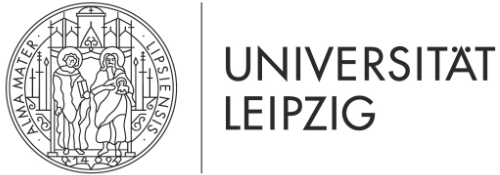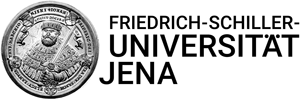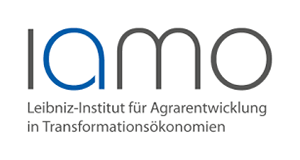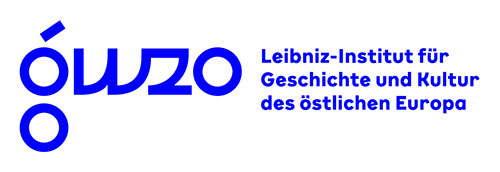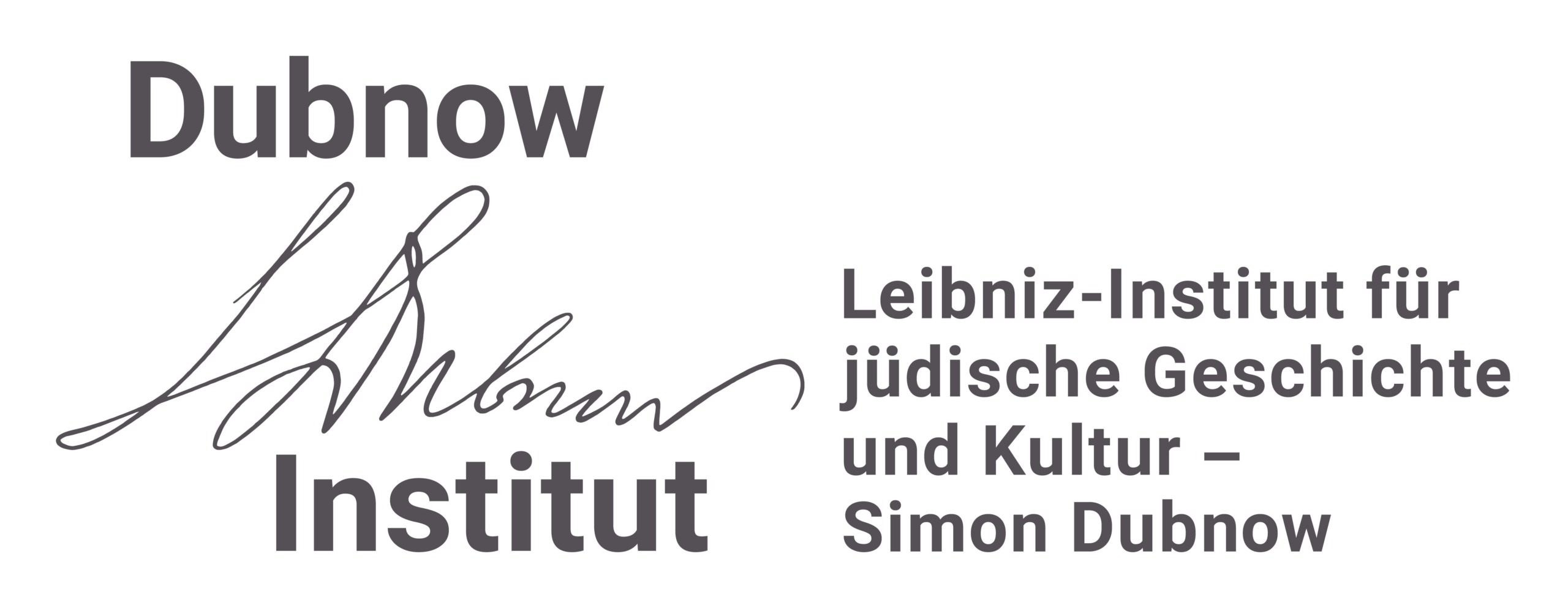Ana Moledo
Ana Moledo is a PhD Fellow working on the transnational mobility of anticolonial activists during the last decades of the Portuguese empire in Africa, under the supervision of Dr. Steffi Marung. She earned a joint MA degree in global studies at the University of Wroclaw (Poland) and Leipzig University (Germany). In 2017 she was the winner of the PreDoc Award of the University Leipzig.
Her reserach interests lay in colonialism and decolonization, transnational activism and radical politics, Cold War in the Global South and global and transnational history.
My research project
The repositioning of East and Central Europe in historical processes of globalization is an integral part of the EEGA ScienceCampus’ research programme. The participation of institutions and actors from the region in the global transformations that accompanied decolonization in the Global South and the construction of alternative world orders during the 20th century is still an area with multiple research gaps. However, a better understanding of socialist mobilities and exchanges across Europe and with movements and parties from the Global South during the second half of the century contributes to grasp regional experiences in historical processes of global reordering.
Despite recent attempts among global historians to shed light on the Cold War entanglements between the Soviet Union and liberation movements, these studies focus mainly on the governmental side of the cooperation while underrating the involvement of civil society actors from East and Central Europe in the promotion of solidarity with third world’s struggles for emancipation. Hence, my research project aims to unveil informal channels of collaboration between Eastern European activists and liberation movements, paying attention to their mobilities and encounters, not only in regional settings but also in close conversation with organizations and individuals in Western Europe. The focus is on a) actors, b) ideologies, and c) cooperation channels.
Some of my research questions are:
• How were transnational and transregional channels of solidarity built and operationalized?
• Which role did particular ideologies or political alignments play in the construction of these Relations?
• What was the relevance of these connections for later contacts at official/government levels and/or with international organizations?
